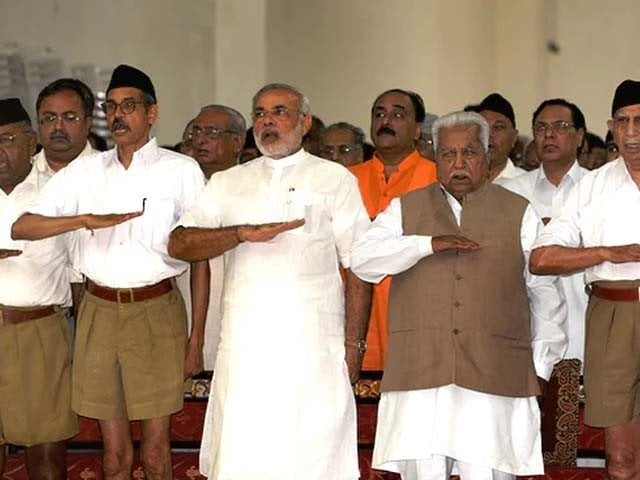Pakistan wants UNSC to also focus on Hindutva terror
Ambassador Munir Akram calls for reform of 15-member body’s counter-terrorism work

Pakistan has called on the UN Security Council to reform its counter-terrorism work and shift some of its focus on combating Al-Qaeda and Islamic States (ISIS or Da’esh) to Hindutva extremists in India, which terrorised Muslims.
Pakistan’s permanent representative to UN Ambassador Munir Akram told a virtual meeting of the General Assembly that the UNSC had failed to implement its own resolutions and decisions, including on the decades-old Jammu and Kashmir dispute.
“Terrorism has proliferated across the world,” Akram told the virtual meeting. While keeping focus on Al-Qaeda and Da’esh, the 15-member council had “ignored terrorism by extremist and fascist organizations, including the Hindutva groups terrorising Muslims”.
“It (UNSC) has allowed the labels of terrorism to compromise the legitimate struggles of peoples under colonial and alien domination for self-determination. It has also ignored state terrorism, which is used for oppressing and brutalising peoples under occupation.”
The meeting discussed the annual report of the Security Council on its actions to maintain international peace and security. Pointing out deficiencies in the Council’s work, Akram said that the UNSC had also failed to implement its own resolutions, including on the Jammu and Kashmir dispute.
“For over seventy years, India has illegally occupied Jammu and Kashmir in blatant violation of the resolutions of the Security Council; it is perpetrating a reign of terror in a territory occupied with 900,000 troops,” he said.
India, the Pakistani envoy continued, “has imposed a complete siege on 8 million Kashmiris in the Valley and it is perpetrating massive violations of human rights against them and against its own minority communities”.
“In the wake of its illegal and unilateral actions of August 5, 2019, the BJP-RSS government is putting in place what they have themselves called the ‘final solution’ for Jammu and Kashmir – demographic flooding of occupied Kashmir by settler communities to completely disempower and disenfranchise the Kashmiri people and to obliterate their Muslim identity and that of the occupied territory.”
In this regard, the envoy said that the Council met thrice in one year on the situation in Jammu and Kashmir, reaffirming its disputed status and that a final settlement based on Security Council resolutions.
Ambassador Akram also underscored the need for improving transparency as much of the UNSC’s real work and decision-making took place behind closed doors. The role of the non-members, he said, had been reduced amid the coronavirus pandemic to the ‘perfunctory’ submission of written statements to the few open meetings held by the Council.
The envoy called for a comprehensive reform of the Security Council to provide it greater legitimacy and credibility. “Openness, transparency and inclusiveness should be introduced in the working modalities of the Security Council and its subsidiary bodies, especially the ‘Sanctions Committees’ and those dealing with generic issues, such as terrorism and non-proliferation.”
He added: “The international community cannot succeed in its efforts to strengthen conflict prevention and promote pacific dispute settlement if the Security Council’s own resolutions are held in abeyance wilfully. What is at stake is both the council’s credibility as well as the objective of durable peace in our region. “I hope that the Council will not fail these tests.”



1725254039-0/Untitled-design-(24)1725254039-0-208x130.webp)















COMMENTS
Comments are moderated and generally will be posted if they are on-topic and not abusive.
For more information, please see our Comments FAQ